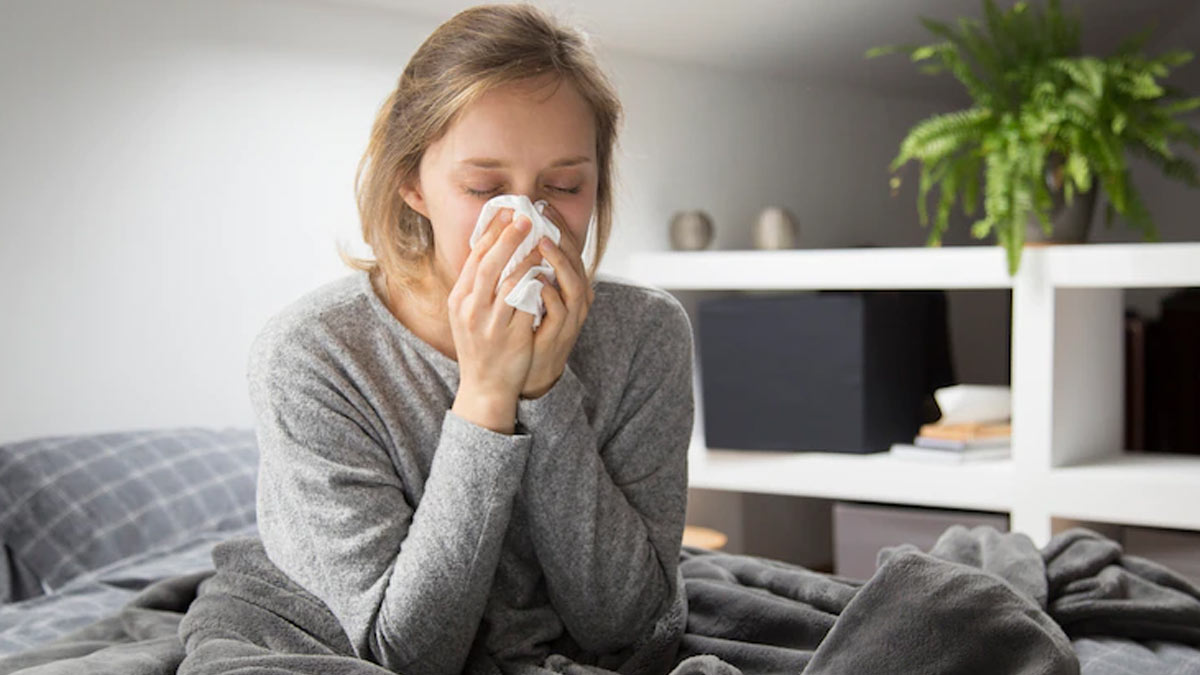
Fungal sinusitis is a type of infection that occurs in the sinuses and nasal passages. The sinuses are the hollow cavities located in the bones of the face and skull, which are lined with a mucous membrane. These cavities are connected to the nose through small openings called ostia. When these cavities become inflamed, it can lead to sinusitis. Sinusitis can be caused by a variety of factors, including viral, bacterial, and fungal infections.
Table of Content:-
Fungal sinusitis is less common than bacterial and viral sinusitis, but it can be more difficult to treat. There are several types of fungal sinusitis, including acute fulminant, chronic, and invasive fungal sinusitis. Acute fulminant fungal sinusitis is a rare and severe form of the infection that typically occurs in people with weakened immune systems, such as those with AIDS or diabetes. Chronic fungal sinusitis is a more common form of the infection that typically occurs in people with a history of allergies, asthma, or chronic sinusitis. Invasive fungal sinusitis is a serious and potentially life-threatening form of the infection that can occur in people with weakened immune systems, such as those with cancer, transplant recipients, and those taking immunosuppressive medications.
Symptoms of fungal sinusitis can include nasal congestion, facial pain or pressure, headache, fever, fatigue, and postnasal drip. In some cases, fungal sinusitis can cause a loss of smell or taste, or it can lead to vision problems. If you suspect that you have fungal sinusitis, it is important to see a doctor as soon as possible, as the infection can worsen if left untreated.

Also read: How To Improve Gut Health If You Have PCOS
Preventative Measures For Fungal Sinusitis
Prevention is always better than cure.So below we have enlisted some tips to help you prevent fungal sinusitis:
1. Keep your sinuses clean and moisturised
Dry sinuses can be more susceptible to fungal infections, so it is important to keep your sinuses moist. You can do this by using a humidifier, drinking plenty of water, and using a saline nasal spray.
2. Avoid exposure to environmental irritants
Try to avoid exposure to things that can irritate your sinuses, such as smoke, dust, and pollution.
3. Get allergy treatment
If you have allergies, it is important to get treatment for them to help prevent fungal sinusitis.
Also read: How To Improve Gut Health If You Have PCOS

4. Keep your Immune system healthy
Eating a healthy diet, getting enough sleep, and managing stress can help keep your immune system strong, which can help prevent fungal sinusitis.
5. Avoiding certain medication
If you are taking immunosuppressant medications, it is important to talk to your doctor about the risks of fungal infections.
In summary, Fungal sinusitis is a type of infection that occurs in the sinuses and nasal passages. It is caused by a fungal infection, it can be a severe and potentially life-threatening form of infection. However, there are several ways to prevent fungal sinusitis by keeping your sinuses clean and moisturised, avoiding exposure to environmental irritants, getting allergy treatment, keeping your Immune system healthy and avoid certain medication, if you suspect you have fungal sinusitis, it is important to see a doctor as soon as possible.
Also watch this video
How we keep this article up to date:
We work with experts and keep a close eye on the latest in health and wellness. Whenever there is a new research or helpful information, we update our articles with accurate and useful advice.
Current Version
